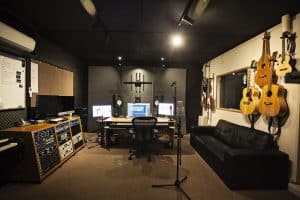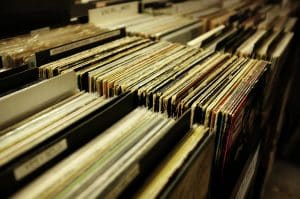Voice over Sydney: Bengali, also called Bangala, Bangla, Bangla-Bhasa, belongs to the Eastern group of the Indo-Aryan branch of the Indo-European language family. Along with Assamese, it is the easternmost of all Indo-European languages. In English, Bengali refers to both the language and the people who speak it. In Bengali, the language is called Bangla (bangla means ‘low’). The direct ancestors of Bengali are Prakrit, and Sanskrit. The total number of speakers of Bengali worldwide is 189 million (Ethnologue), making it the seventh most spoken language in the world after Chinese, Spanish, English, Hindi, Arabic, and Portuguese (Ethnologue).
Voice over Sydney: Bengali in Bangladesh
Bengali is the national language of Bangladesh where it is spoken as a first language by 106 million, and as a second language by 20 million speakers. In India, it istatutory provincial language in West Bengal, Tripura, Assam states
Voice over Sydney: Bengali in India
Bengali is one of the 23 official languages of India, where it is spoken by 82.5 million people and the second most-spoken language after Hindi–Urdu. It is spoken in West Bengal; Tripura; Jharkhand, Dhanbad, Manbhum, Singhbhum, and Santal Parganas; Odisha, Mayar and Bales; Bihar; Assam, and Goalpara district (Ethnologue). It is a statutory provincial language in West Bengal, Tripura, and Assam. In addition to Bangladesh and India, Bengali is spoken in Nepal, Pakistan, the Middle East, Europe, the U.S., and Canada.
Voice over Sydney: Bengali Dialects
Spoken Bengali is best described as a continuum of regional dialects. Some of them are not mutually intelligible. The standard form of Bengali, accepted in Bangladesh and in West Bengal, is based on the West-Central dialect as spoken by educated people in Kolkata (formerly Calcutta) back in the 19th century. Diglossia is widespread, with many speakers being able to use both formal standard Bengali and their own regional dialect. There are two styles of speaking which exist side-by- side: conservative high-style literary language which frequently uses borrowings from Sanskrit, and informal everyday language




